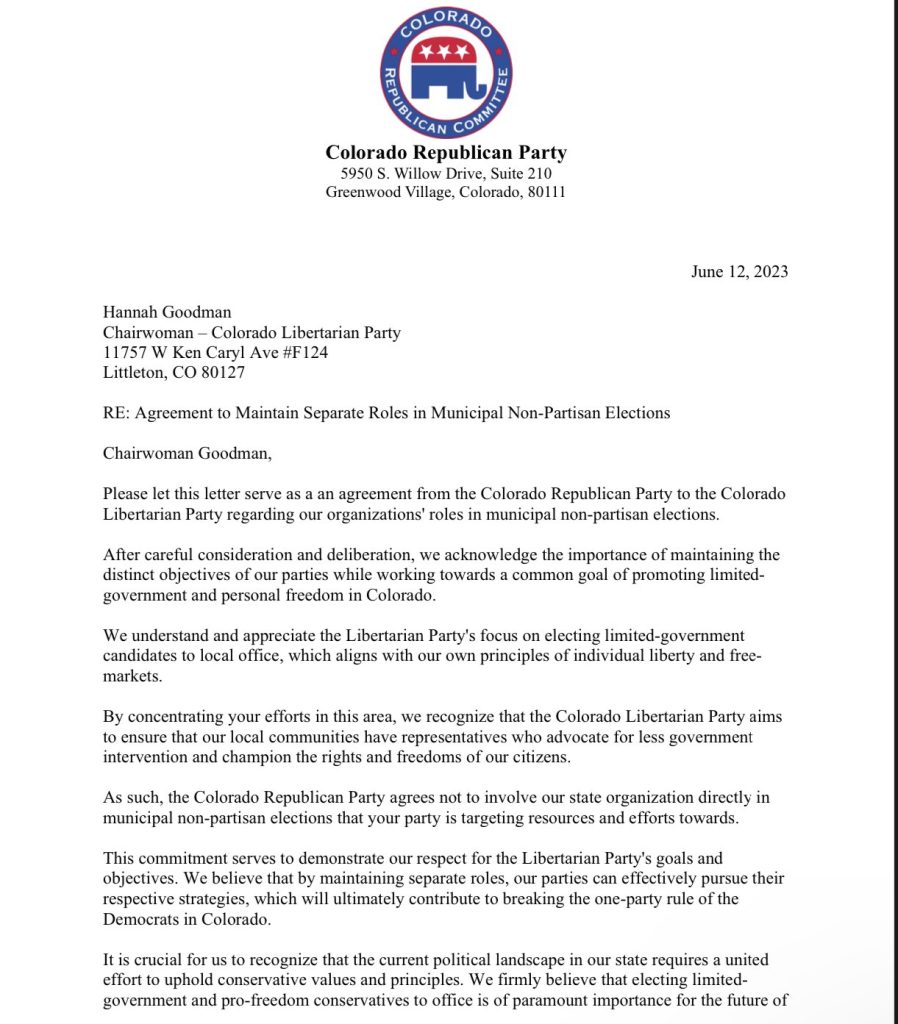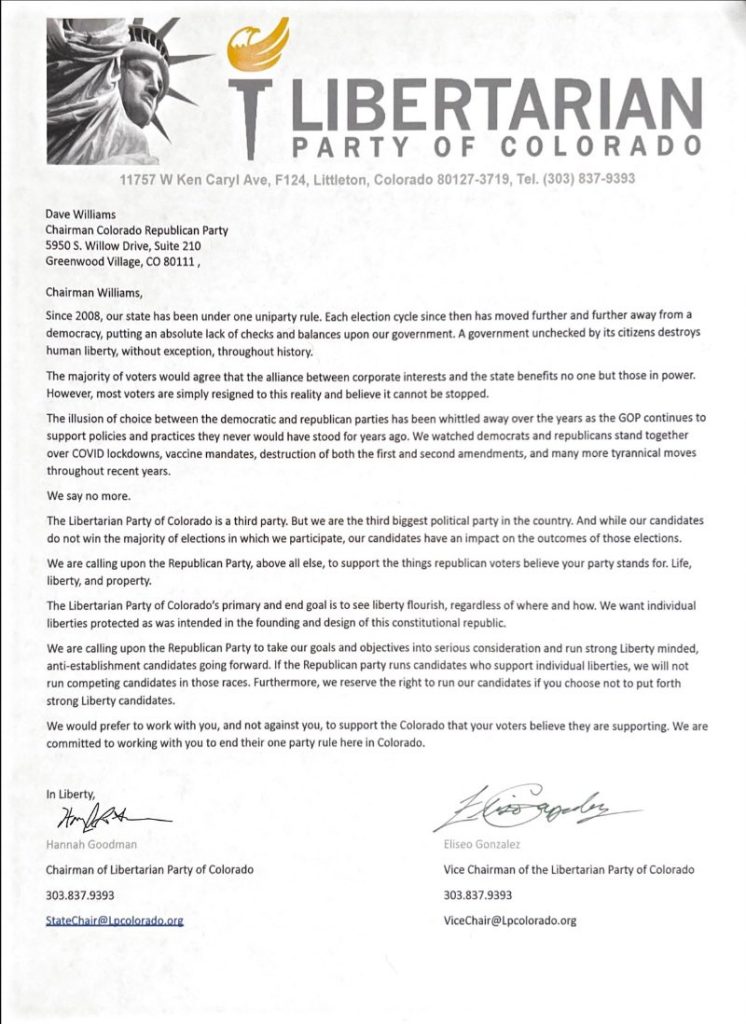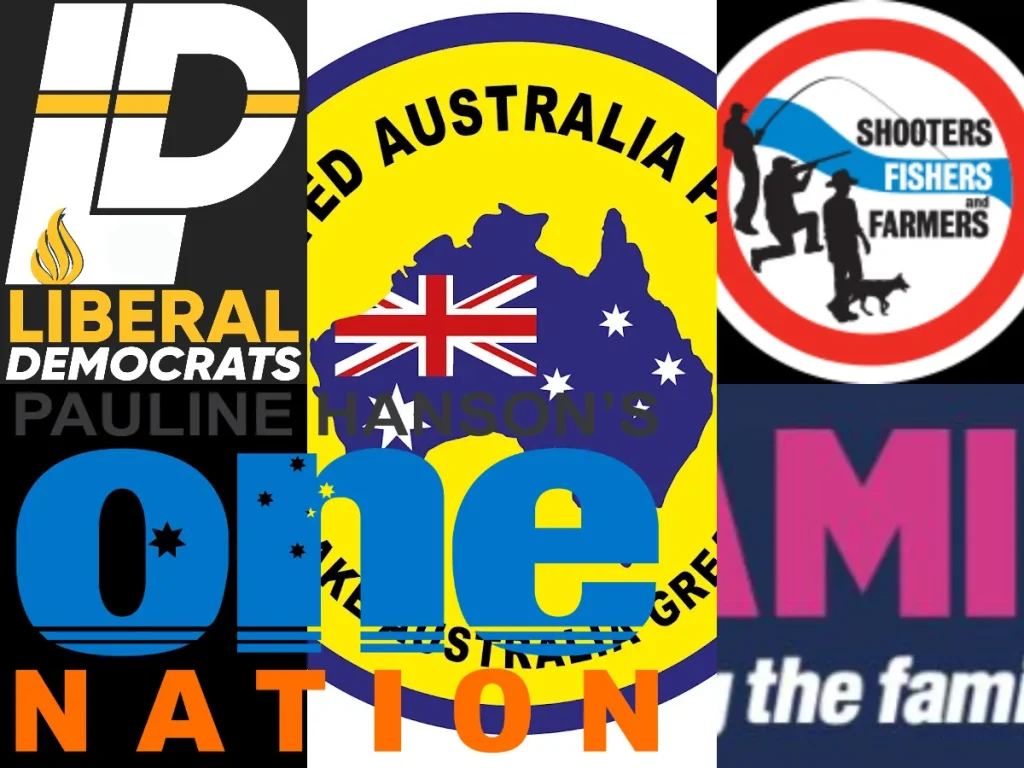25 Provocative Predictions For 2024 From The World’s #1 Political Observer
GOVERNMENT OVERREACH
- Habeas corpus will not be restored in Australia.
- The Australian Federal Budget will be in deficit and expenditure will increase on the previous year.
Correct: “A deficit of $28.3 billion is forecast in 2024–25.”
Source: Statement 1: Budget Overview. Page 2.
https://budget.gov.au/content/bp1/download/bp1_bs-1.pdf
Correct: Forecast expenditures for 2023-24 and 2024-25 are $691,070,000,000 and $734,518,000,000 respectively.
Source: Statement 6: Expenses and Net Capital Investment. Page 233.
https://budget.gov.au/content/bp1/index.htm
ENVIRONMENT
- There will be at least 7 tropical cyclones or severe tropical cyclones in Australia.
Correct:
Category 3 Severe Tropical Cyclone Anggrek. 10-25 Jan 2024.
Category 3 Severe Tropical Cyclone Kirrily. 12 Jan – 5 Feb 2024.
Category 1 Tropical Cyclone Lincoln. 14-25 Feb 2024.
Category 4 Severe Tropical Cyclone Neville. 4-24 Mar 2024.
Category 4 Severe Tropical Cyclone Megan. 13-21 Mar 2024.
Category 5 Severe Tropical Cyclone Olga. 4-11 Apr 2024.
Category 2 Tropical Cyclone Paul. 9-12 Apr 2024.
Source:
https://en.wikipedia.org/wiki/2023%E2%80%9324_Australian_region_cyclone_season
STOCK MARKET
- Woolworths’ revenue will be lower in the March 2024 quarter than in the March 2023 quarter.
Incorrect: Federal Opposition Leader, Peter Dutton, called for a Woolworths boycott because it would not stock Australia Day paraphernalia. I incorrectly thought this extraordinary interference with the market might suppress sales below the same quarter the previous year. However, revenue for the 2024 March quarter was $16,800,000,000, higher than for the 2023 March quarter which was $16,338,000,000.
Source: Page 2.
https://announcements.asx.com.au/asxpdf/20240502/pdf/0634t0t80r8xxq.pdf
HEALTH
- There will be 10 or less global cases of wild polio.
Pending: As at 25 May 2024, there have been two cases of wild polio globally, both in Pakistan. Watch this space for more updates.
Source:
https://www.who.int/news/item/08-04-2024-statement-following-the-thirty-eighth-meeting-of-the-ihr-emergency-committee-for-polio#:~:text=Sudan%20and%20Sudan.-,Wild%20poliovirus,samples%20to%20date%20in%202024
- For the first time, 33% or more of the Australian population will be obese.
SOCIAL TRENDS
- The sale of sex dolls will increase in Australia.
- In at least one month during 2024, social media platform X will attract more than 450 million monthly users.
Correct: On 24 May 2024, Elon Musk announced X achieved over 600 million monthly active users.
Source:
https://www.socialmediatoday.com/news/elon-musk-x-now-600-million-monthly-active-users/717078/ and https://backlinko.com/twitter-users#twitter-monthly-users
- Mount Barker SA will have a larger population than Busselton WA, Orange NSW, Bowral NSW, Dubbo NSW, Nowra NSW or Bathurst NSW.
- At least 25% of Australians will attend church monthly.
- Less than 50% of Australians will use TV as their source of news.
- Pet ownership in Australia will grow to more than 70% of all households.
SCIENCE & TECHNOLOGY
- Space X’s Starship will successfully reach orbit.
ECONOMICS
- The number of new incorporations will decrease in Australia from the previous year.
Pending: In 2022-23, there were 406,365 business entries in Australia. We are waiting for the 2023-24 number
Source:
https://www.abs.gov.au/statistics/economy/business-indicators/counts-australian-businesses-including-entries-and- exits/latest-release
- Cash transactions will decrease below 17% of total transactions.
- Australian coal exports will increase from last year.
ELECTIONS
- The ALP-Greens Coalition will be returned to government in the ACT General Election.
- The Country Liberal Party will win the Northern Territory General Election.
Correct: The CLP won the election on 24 Aug 2024.
Source:
https://www.sbs.com.au/news/article/country-liberal-party-promises-new-chapter-after-northern-territory-election-win/cwyuz1x0a
- The Liberal-National Party will win the Queensland State Election.
- Barring court-affirmed election fraud, a diagnosis of ill-health, imprisonment or assassination, Donald Trump will win the US Presidency.
GEOPOLITICS
- In 2024, China will neither invade Taiwan by land nor impose a naval blockade.
- The United Nations General Assembly will pass at least three resolutions concerning Israel and Australia will vote with the United States.
Pending: UN Security Council Resolution 2735 adopted 10 June 2024.
Source: https://documents.un.org/doc/undoc/gen/n24/165/11/pdf/n2416511.pdf
- There will be no resolution of the conflict in Ukraine.
- At least two international borders will change.
Correct:
1 Jan 2024. Republic of Artsakh reintegrated into Azerbaijan.
1 Apr 2024. Puntland announces independence from Somalia.
Source: https://en.wikipedia.org/wiki/List_of_national_border_changes_(1914%E2%80%93present)
DEATHS
- At least two of the following people will die: Ray Lawler, Sophia Loren, Julian Assange, Patricia Routledge, Tom Hughes, Jimmy Carter, Mike Carlton.
Pending: Ray Lawler died on 24 July 2024.
Source: https://en.wikipedia.org/wiki/Ray_Lawler
SUMMARY
Correct: 5
Pending: 19
Incorrect: 1









